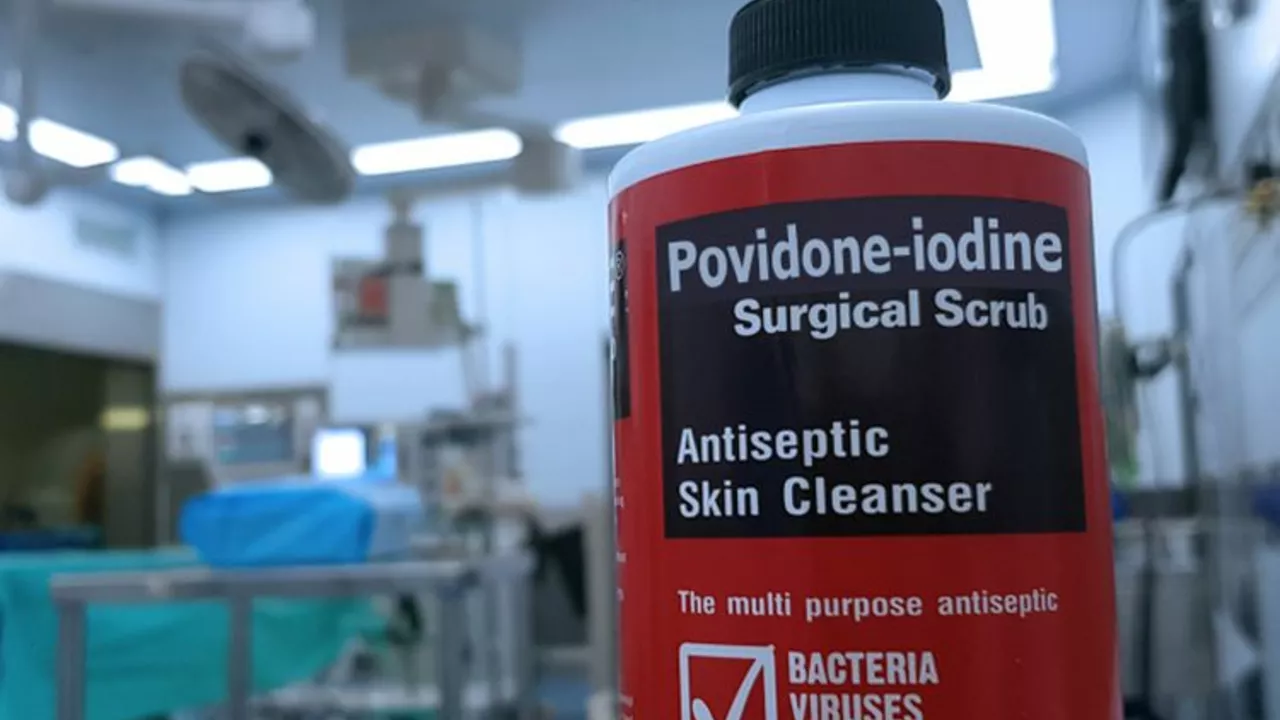Safety: How to protect yourself when buying and taking medicines
Safety isn't a nice-to-have when it comes to medicines — it's the single thing that keeps treatment helpful instead of harmful. This page collects clear, practical rules you can use right away: how to check online pharmacies, how to avoid bad batches or counterfeit pills, and how to use drugs so they actually help you.
Buying medicines online without risking your health
Look for a valid pharmacy license and a real address. Reputable online pharmacies will ask for a prescription for prescription-only drugs and show certifications from regulatory bodies. If a site sells controlled meds without a prescription, has prices that seem too good to be true, or pressures you to buy fast, walk away. Check reviews outside the site, and use payment methods with buyer protection.
Packaging and shipment matter. Pills should arrive sealed, with a label showing drug name, strength, lot number, and expiry date. If blister packs are damaged, tablets are discolored, or the batch number is missing, don’t use the medicine and ask for a refund or replacement. Keep receipts and photos in case you need to report problems.
Using medicines safely at home
Follow the label and your prescriber's instructions. Never split or double doses unless a doctor tells you. Read the leaflet for side effects and interactions; use a drug interaction checker or ask a pharmacist before starting a new supplement or over-the-counter medicine. If you take multiple drugs for conditions like diabetes, heart disease, or mental health, keep a current medication list and share it with every provider.
Storage prevents accidents. Store meds in a dry, cool spot unless the label says otherwise (some need refrigeration). Keep all medicines away from children and pets — even small amounts can be toxic. Dispose of expired or unused meds through take-back programs where possible; flushing or trashing them can be risky.
Certain drugs need extra attention. For example, diuretics and spironolactone affect electrolytes and hydration; drinking lots of alcohol or sweating heavily can cause problems — stay hydrated and check electrolytes if advised. Antibiotics should be used only as prescribed to avoid resistance; if a treatment isn’t working, contact your provider rather than extending the course yourself. TB meds like ethambutol (Myambutol) have specific monitoring requirements — report vision changes fast. Erectile dysfunction and heart meds can interact dangerously, so check before combining.
Watch for warning signs: rash, breathing trouble, chest pain, fainting, sudden mood or vision changes, or signs of severe stomach upset. For mild side effects, call your pharmacist or doctor; for severe reactions, seek emergency care. Document what happened, what you took, and when — that helps clinicians act quickly.
Want more detail? Browse the safety-tagged guides on this site for how to buy glyburide, choose trustworthy pharmacies, manage spironolactone and alcohol, or find safe antifungal and antibiotic alternatives. Small checks up front save a lot of trouble later — and keep medications working like they should.
In my exploration of povidone-iodine, I've found that it's widely recognized for its safety and effectiveness as a topical antiseptic. However, like any medication, it may trigger side effects in some individuals such as skin irritation or allergic reactions. While it's rare, systemic absorption can occur, especially when used on large wounds or burns, which could potentially lead to thyroid or kidney issues. It's also worth mentioning that prolonged use can cause skin discoloration. Always remember, the key is to use it as directed by a healthcare professional.
View Details

